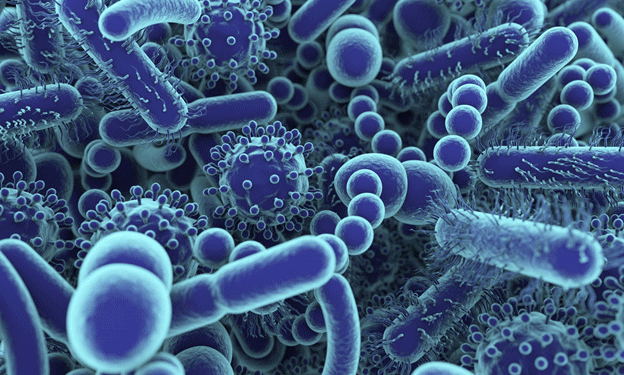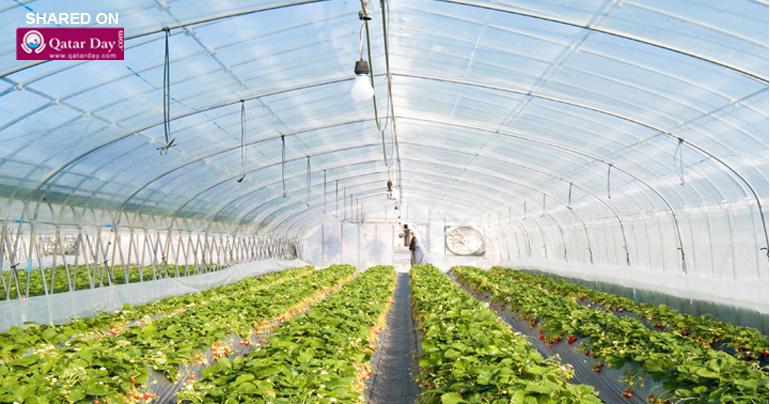Soil is more than just a medium for plant growth; it is a living ecosystem teeming with microorganisms such as bacteria, fungi, and protozoa. These microorganisms play crucial roles:
- Nutrient Cycling: Microorganisms decompose organic matter, releasing essential nutrients like nitrogen, phosphorus, and potassium for plant uptake.
- Disease Suppression: Beneficial microbes can outcompete harmful pathogens, reducing plant diseases.
- Soil Structure Improvement: Fungal hyphae and bacterial secretions improve soil aggregation, enhancing water retention and aeration.
Why Organic Matter Matters
Ivan Russkikh, an experienced biologist and horticulturist, emphasizes that while plants can grow without soil using hydroponic systems, fertile soil enriched with organic matter is indispensable for a healthy ecosystem. Organic inputs such as compost, plant residues, and livestock waste provide a food source for microorganisms, stimulating their activity.
This symbiosis is particularly vital for challenging soil types:
- Sandy Soils: Organic matter helps retain water and nutrients, counteracting the soil’s natural porosity.
- Clay Soils: Microorganisms break down organic inputs, improving soil structure and preventing compaction.
Even when farmers claim to grow crops without fertilizers, they often rely on the inherent fertility of their soil, which has been built up over years of organic matter accumulation.
Practical Applications for Farmers
To maintain and enhance soil health, farmers should prioritize:
- Compost Application: Regularly adding compost improves soil fertility and microbial diversity.
- Crop Rotation: Rotating crops with legumes can fix atmospheric nitrogen, enriching the soil.
- Reduced Tillage: Minimizing soil disturbance preserves microbial habitats and prevents erosion.
- Microbial Inoculants: Inoculants such as mycorrhizal fungi or nitrogen-fixing bacteria can kickstart biological processes in degraded soils.
Microorganisms vs. Synthetic Inputs
While synthetic fertilizers offer quick nutrient availability, they lack the long-term benefits provided by microorganisms. Excessive use of synthetic inputs can lead to soil degradation, reduced microbial diversity, and environmental issues such as water pollution. Balancing synthetic inputs with organic practices ensures both immediate and sustained crop productivity.
Microorganisms are the unsung heroes of agriculture, driving nutrient cycling, disease suppression, and soil structure improvement. Their interaction with organic matter forms the foundation of sustainable farming systems. Farmers who invest in soil health through organic inputs and microbial management can expect not only healthier crops but also improved long-term productivity and environmental resilience.












